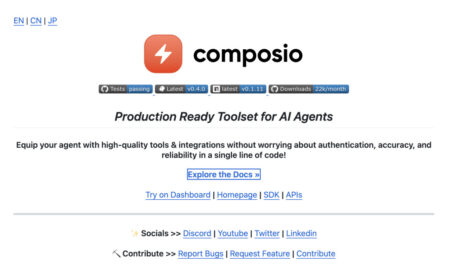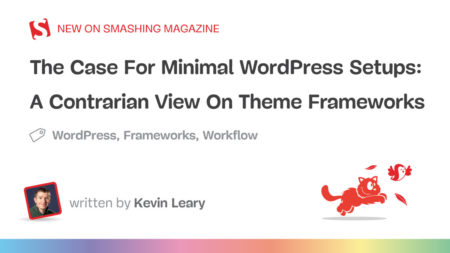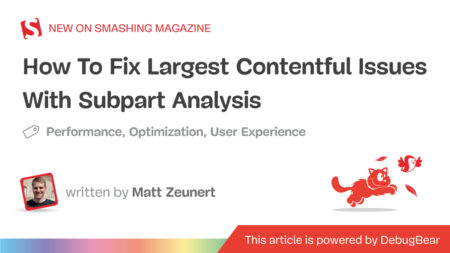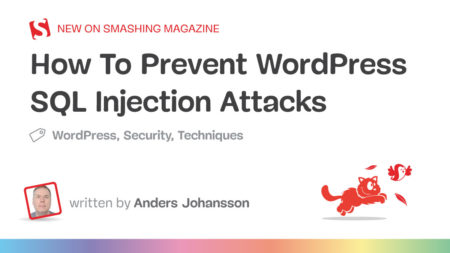Search
News & Updates
Large language models (LLMs) have made significant strides in reasoning capabilities, exemplified by breakthrough systems like OpenAI o1 and DeepSeekR1, which utilize test-time compute for search and reinforcement learning to optimize performance. Despite this progress, current methodologies face critical challenges that impede their effectiveness. Serialized chain-of-thought approaches generate excessively long…
U.S. Charges Yemeni Hacker Behind Black Kingdom Ransomware Targeting 1,500 Systems
The U.S. Department of Justice (DoJ) on Thursday announced charges against a 36-year-old Yemeni national for allegedly deploying the Black Kingdom ransomware against global targets, including business …
Read more
Published Date:
May 03, 2025 (6 hours, 28 minutes ago)
Vulnerabilities has been mentioned in this article.
CVE-2019-11510
Iranian Hackers Maintain 2-Year Access to Middle East CNI via VPN Flaws and Malware
Malware / Operational Technology
An Iranian state-sponsored threat group has been attributed to a long-term cyber intrusion aimed at a critical national infrastructure (CNI) in the Middle East that la …
Read more
Published Date:
May 03, 2025 (4 hours, 1 minute ago)
Vulnerabilities has been mentioned in this article.
CVE-2023-38952
CVE-2023-38951
CVE-2023-38950
CVE ID : CVE-2024-58135
Published : May 3, 2025, 11:15 a.m. | 52 minutes ago
Description : Mojolicious versions from 7.28 through 9.39 for Perl may generate weak HMAC session secrets.
When creating a default app with the “mojo generate app” tool, a weak secret is written to the application’s configuration file using the insecure rand() function, and used for authenticating and protecting the integrity of the application’s sessions. This may allow an attacker to brute force the application’s session keys.
Severity: 0.0 | NA
Visit the link for more details, such as CVSS details, affected products, timeline, and more…
Artificial Intelligence
MIT Professor Markus J. Buehler has been named the recipient of the 2025 Washington Award, one…
Our 201st episode with a summary and discussion of last week’s big AI news!Recorded on…
For over 30 years, science photographer Felice Frankel has helped MIT professors, researchers, and students…
Imagine that a robot is helping you clean the dishes. You ask it to grab…









